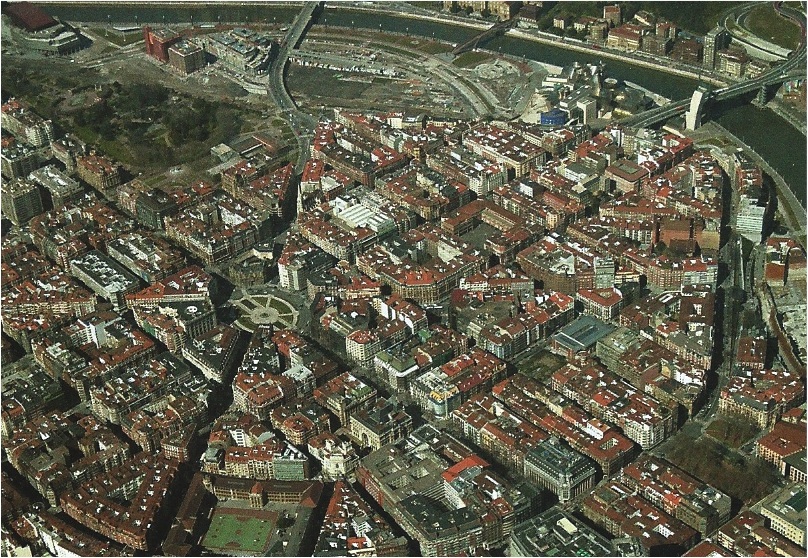In 1868 Queen Isabel II was deposed by a military coup d’etat that led to the first democratic Spanish Constitution (1869), the establishment of a democratic monarchy (1870-1873) and the proclamation of the I Republic (1873). On 21 October 1868 a Decree-Law on City Councils was promulgated that introduced universal male suffrage and represented an advance in the democratization of city councils. Félix Aguirre was the first mayor to be democratically elected by universal male suffrage, in accordance with the new legislation.
In 1869 the new democratic City Council convinced the Central Government to approve the expansion of the Township at the expense of Abando and Begoña, the first step for undertaking the urban expansion approved by the City Council of Bilbao in 1873.
This period was shaken by the II Carlist civil war (1872-1874), in which Bilbao was once again besieged from December 1873. The city’s resistance to the attack by the Carlist troops, under the mayorship of Felipe Uhagón, reaffirmed its title of “Unvanquished.” The liberation from the siege on 2 May 1874, by an army under general Concha, was a new referent for the liberal vision of the city.



